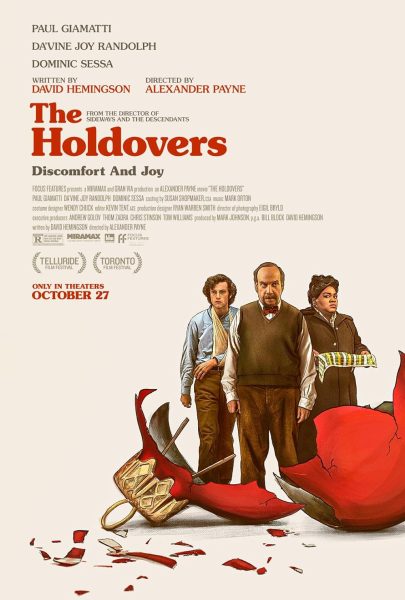Explore
April 24, 2014
Music is a cornerstone of who we are–we identify ourselves, and express ourselves through the music that we listen to. With this in mind, I cannot begin to understand why anyone would only listen to the music they are spoon fed by the radio, their parents, or mainstream society. By allowing someone else to chose the music they listen to, one is allowing that person to manipulate the basic essence of their personality. As a generation we value individualism more than almost anything else. New York Times columnist Ross Douthat believes that the emphasis of individuality among the Millennial Generation is so pervasive that it will eventually lead to the decline of traditional institutions, claiming in his article “The Age of Individualism” that “in the future, it seems, there will be only one ‘ism’— Individualism — and its rule will never end” (newyorktimes.com). All the same, I seldom meet anyone who is willing to look for music beyond the Billboard 200. If as a generation we want to fulfill the ideals we cherish–individuality in particular–we need to actually live by them, and because music is an emotional necessity, being more selective in our musical taste is a great way to start.
Developing an eclectic knowledge of music is a daunting task, one that I continue to undertake every day. However, it is still far from impossible. The internet allows us to learn about anything we want, whenever we want. A simple Google search will yield millions of results, and can provide an entry point for a genre of music that would normally be almost entirely inaccessible. Fan sites are also a great resource for finding new music–the Encyclopedia Metallum, and Prog-Archives are two great resources for finding obscure heavy metal, and progressive rock artists respectively. Even something as simple as watching music videos by artists suggested to you on Youtube can lead to amazing discoveries.
Music is not entertainment, it is art. Great music is born out of struggle–Tchaikovsky fought depression for most of his adult life, Led Zeppelin constantly battled debilitating drug abuse, and Miles Davis faced continuous rejection throughout much of his career. By ignoring these men’s work we are disrespecting them, and doing ourselves a disservice. We need to start living by the principles we value. We need to stop letting the radio tell us who we are, and explore the incredible array of music we have available to us.













